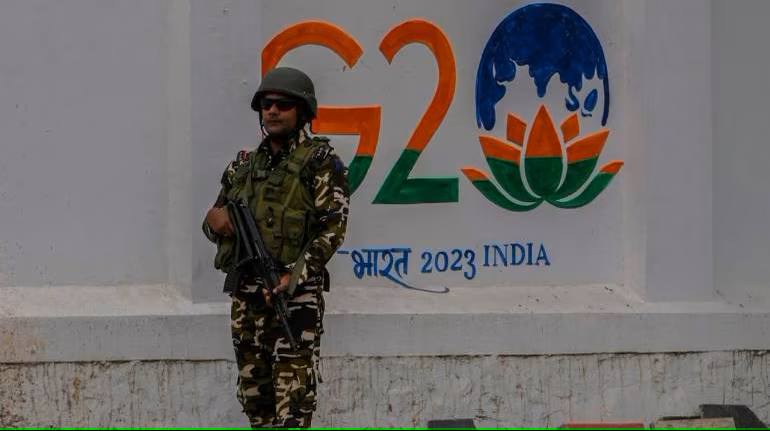
Source Aliran
KUALA LUMPUR, Malaysia--Parliament on 23 March narrowly rejected a motion to extend the effective period of a security law that allows detention without charge for up to 28 days.
MPs voted by a razor-thin majority to reject the motion to extend subsection 4(5) of the Security Offences (Special Measures) Act 2012 (Sosma) for another five years. In a bloc vote in the House of Representatives, 86 MPs rejected the motion, 85 voted in favour, with 49 absent.
Human rights groups in Malaysia welcomed the rejection of the motion. The bottom line is that any form of detention without trial should not be allowed.
But other laws continue to allow for detention without trial, including the Prevention of Crimes Act 1949, the Prevention of Terrorism Act 2015 and the Dangerous Drugs (Special Preventive Measures) Act 1985.
Home Minister Hamzah Zainudin expressed frustration over the absent government MPs, which led to the Sosma amendment motion he tabled being defeated. Clearly unhappy, he said he would retable the motion in the Lower House (a move Aliran opposes).
This raises the question, is the government serious about protecting human rights?
Another concern is the prolonged issue of enhancing police accountability. Human rights groups have heavily criticised the Independent Police Conduct Commission Bill 2020 over its lack of independence and weakened powers. It is a much watered-down version of the original Independent Police Complaints and Misconduct Commission Bill 2005.
Malaysia is currently a member of the UN Human Rights Council for the 2022–24 term. Some see Malaysia’s membership as a recognition of the government’s performance in human rights. But such an interpretation requires serious reflection on the human rights situation in the country.
Malaysia continues to lag in its commitment to international human rights treaties: it ranks among the nations that have ratified the fewest treaties.
So far, Malaysia has only signed the Convention on the Elimination of All Forms of Discrimination against Women (Cedaw), the Convention on the Rights of the Child and the Convention on the Rights of Persons with Disabilities. Malaysia has also made reservations when signing on, suggesting that it does not provide complete human rights protection.
Within Malaysia, we have a ‘national human rights action plan’ – largely ignored despite the amount of money spent on producing such documents. Though launched in 2018, we have barely heard anything about it, though a “high-level committee” was supposed to monitor its implementation.
That’s not all. The last time Suhakam’s annual report was tabled in Parliament was on 5 November 2019; even then, it was not debated.
More concerning is that Suhakam commissioners have been called in for police questioning about their attendance at a #Lawan protest last year. The commissioners were merely carrying out their duty to monitor public assemblies, in line with Suhakam’s role as a national human rights institution, a statutory body established under the Human Rights Commission of Malaysia Act 1999.
This reminds me of the pledges Malaysia made when seeking a seat on the UN Human Rights Council for the current term. Under section x of the pledges, Malaysia vowed to “continue to strengthen human rights institutions and mechanisms in Malaysia”. It pledged:
Malaysia commits to continue to support the strengthening of SUHAKAM, as an “A” status Paris Principle NHRI, among others, through improved funding support, ongoing law review towards strengthening its governing Act, and institutionalising more government agency engagement with SUHAKAM.
However, the government’s actions have not lived up to its pledges.
So, is the government serious about protecting human rights? Unfortunately, it does not seem so.
If the government believes in the spirit of how it got a seat on the UN Human Rights Council, then it should show a genuine commitment to improving respect for human rights for all and live up to its promises to protect human rights in Malaysia.








0 Comments
LEAVE A REPLY
Your email address will not be published